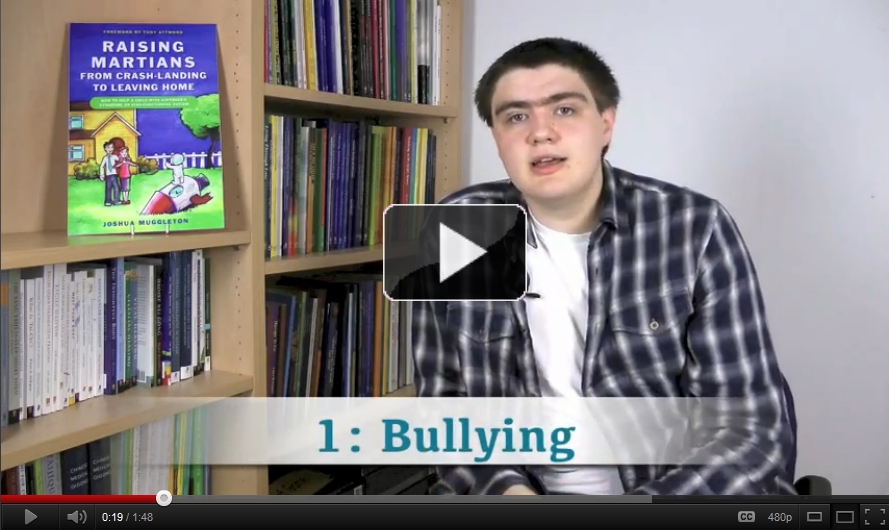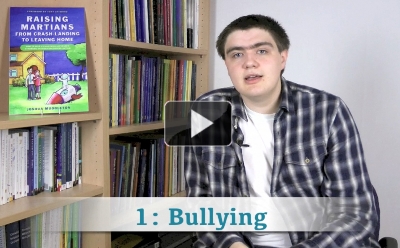Dynamic Play Therapy, Harnessing the power of collapse and renewal – An Interview with Dennis McCarthy (Part 2)
“With rare exceptions, the academic and professional world doesn’t support a dynamic approach to play therapy (or often the use of play in therapy at all). There is an ever-greater thrust to pathologize the child and the family and this is often where the therapist/therapy stops: diagnosis leads to stasis. This needn’t be so. We can and should have an understanding of what is going on in the child and in their life, but unless we then engage the child in real play, we have not accomplished much. Children need to be allowed to be children and speak their language not ours.”









